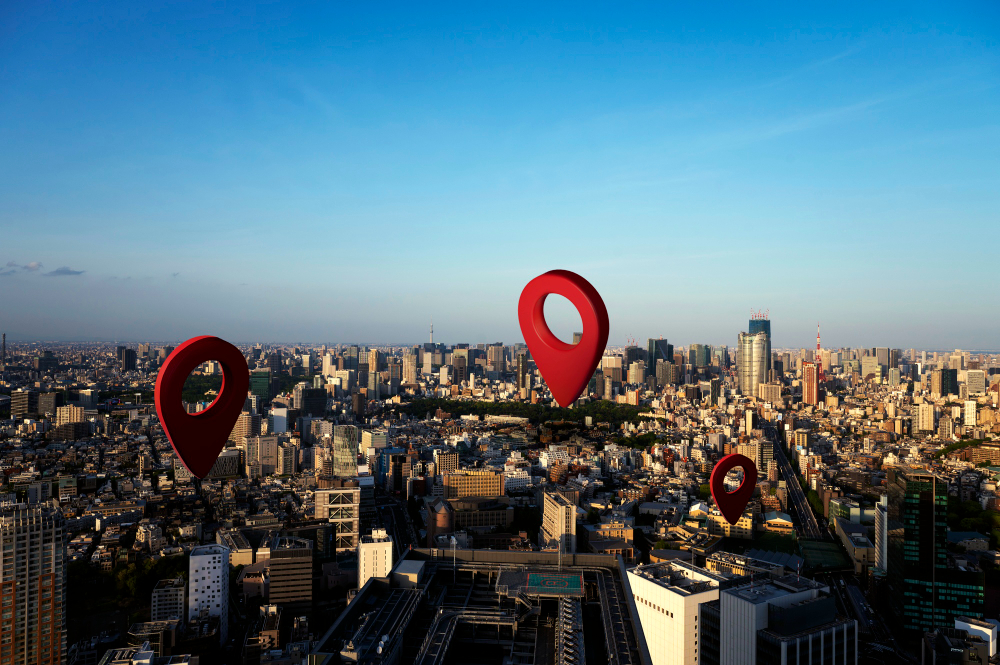When you invest in a franchise, one of the most important—but often overlooked—aspects of your agreement is your franchise territory. Franchise territories define where you can operate, what geographic rights you control, and how close another outlet can open near you. Getting clarity on this early can be the difference between a thriving business and one stuck competing within its own brand.

🚩 What Are Franchise Territories?
A franchise territory is a defined geographic area where a franchisee has the exclusive or protected right to operate under a franchisor’s brand. It’s a key part of your franchise agreement and can determine how much potential your location really has.
🔍 Types of Franchise Territories
Understanding the type of territory you’re being offered is crucial:
- Exclusive Territory
You’re the only franchisee allowed to operate or market within this area. No overlap. - Protected Territory
Franchisors won’t open a competing location nearby—but may still sell online or through third parties. - Open Territory
No protections; others may open locations in the same region. - Master Franchise Territory
You get the rights to develop and sub-franchise in a larger area, like an entire city or state.
📏 How Are Franchise Territories Defined?
Territories can be based on:
- Zip/postal codes or pin codes
- City or district boundaries
- Radius around your outlet (e.g., 5–10 km)
- Population size (e.g., 100,000 residents)
- Demographics or market potential
Always ask how the territory was calculated, especially if it’s based on data or projections.
🧠 Why Franchise Territories Matter
A well-defined franchise territory impacts:
- Market potential — Fewer direct competitors = more customers
- Conflict reduction — Prevents disputes between neighboring franchisees
- Resale value — Strong territories make your franchise more valuable later
- Marketing efficiency — You know exactly where to focus your efforts
🛑 Common Franchise Territory Mistakes
- Not reading the fine print — Some “exclusive” territories are actually very limited
- Assuming online sales are protected — In many cases, they’re not
- Ignoring future expansion — Choose a territory you can grow into, not out of
- Overpaying for size — Bigger isn’t always better; look at density and demand
👨🏫 Get Franchise Territory Advice from a Franchise Coach
Your territory can make or break your franchise. At iamronak.com, I help aspiring franchisees evaluate franchise agreements, including territory rights, to avoid regrets and maximize long-term returns.
👉 Book a free franchise discovery call today and protect your investment before you sign.
